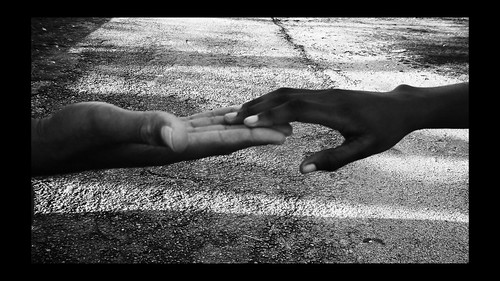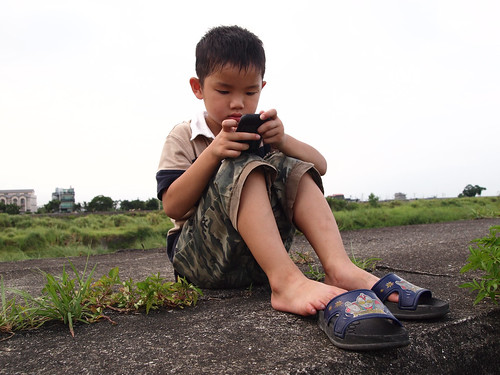 |
| Photo Credit: U.S. Embassy Kabul Afghanistan |
"Natural allegiances are strong, and strong for reasons designed by God. The pull of a fallen universe is to make those natural allegiances even stronger, into religions. There’s a parallel here with patriotism, since the word patriotism comes from the root of the word for father. It is natural to love one’s homeland. Patriotism is a good recognition of gratitude to God and to others for the blessings one has inherited as part of a country. Patriotism or nationalism when made ultimate, though, is ugly, violent, and even satanic.
Those who are the best citizens of any earthly country are those who recognize that their citizenship in that country is not ultimate. There is a higher allegiance over the state. The problem with putting the nation—any nation—first, over the kingdom of God, is not just that such is idolatrous (the most important problem) but also that it is not, in fact, patriotic. Any state or tribe or village must have principles that transcend the body politic, and hold it accountable for its own ideals and aspirations. Where that is lost, one loses patriotism and sees it replaced with a cult.
The problem with putting family first, over the kingdom of God, is that we, first of all, replace a living God with the worship of ourselves, and, second, we lose the ability to be the kind of people who can love our families. The same is true with family. Love for family is not only good but also biblically mandated. When love of family becomes ultimate, though, it becomes, at best, Darwinist and atheistic."Moore, Russell D.. The Storm-Tossed Family (Kindle Locations 1079-1091). B&H Publishing Group. Kindle Edition.













